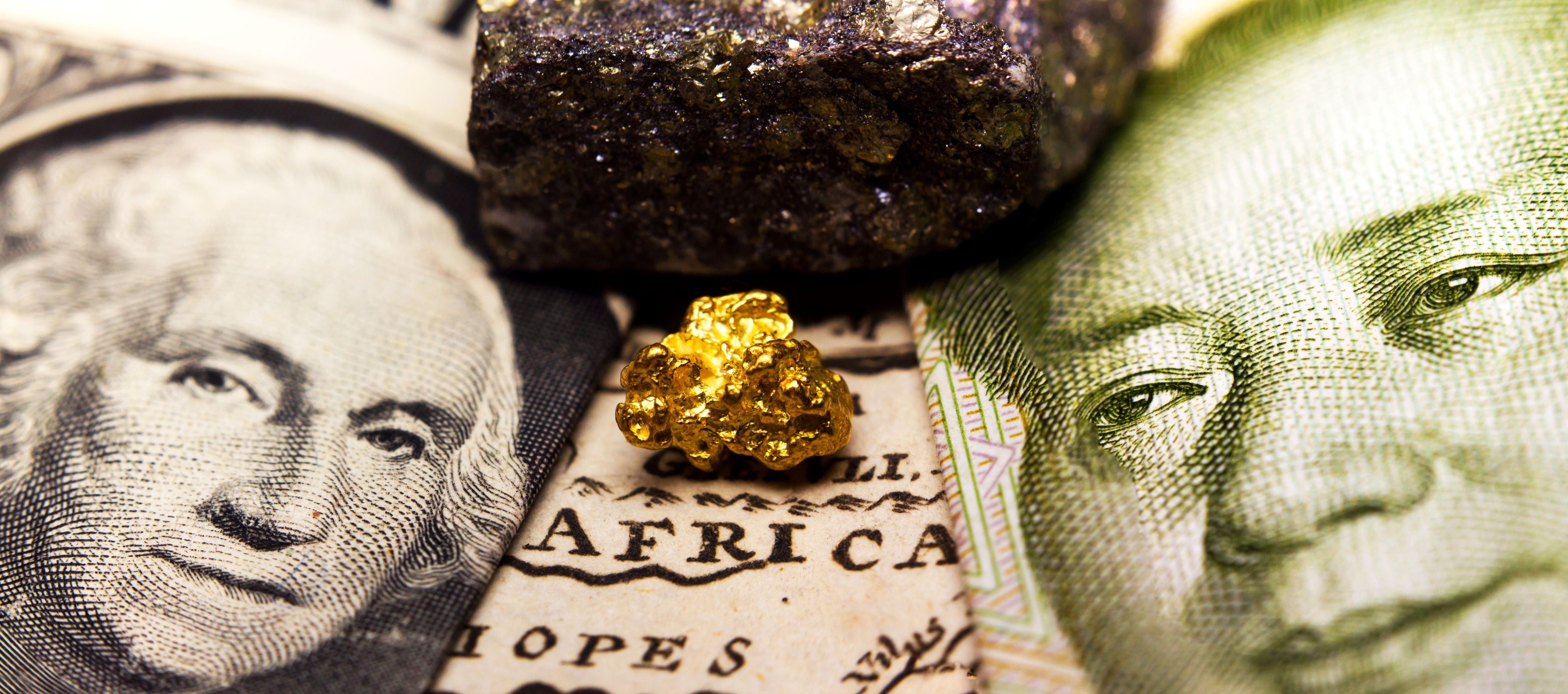
London Metals Week, hosted by the London Metal Exchange (LME), took place across the UK capital.
Metals buyers and sellers gathered to hear how the next year of metal trading will look and receive updates about the critical minerals dominating the headlines.
Scrap that?
The green transition played an important part in numerous discussions during the week.
New measures like the EU’s Carbon Border Adjustment Mechanism (CBAM) and the US’ Inflation Reduction Act would place greater emphasis on finding metal from the right markets, either to avoid increased costs at the border or to take advantage of favourable tax regimes.
One consequence of the green transition is that the market for scrap steel is expected to grow over the next few years, as demand for environmentally friendly steel rises.
“We’re looking at scrap, not waste,” said one speaker, emphasising that recycled steel could represent a major boon for producers.
Financially, futures contracts for scrap metal were described as the next major market for metals traders, reflecting an international interest in the goods.
Turkish market in focus
Turkish scrap metal and rebar were one particular point of focus, since Turkey produces a significant amount of steel and is both a major importer and exporter.
Any changes to Turkish demand are going to have an outsized impact on the supply chain, and the Middle Eastern country sits at a strategically important point between Western Europe, Russia and North Africa, sometimes being regarded as a gateway between the three regions.
S&P Global, who hosted a series of talks as part of a morning breakfast briefing, recently released a report on the Turkish steel and its importance to the world of commodities.
The energy transition, geopolitical tensions and outbreaks of violence, such as the ongoing conflict between Israel and Hamas, are likely to present a challenge to Turkey’s exports.
Future volatility
Elsewhere, the warning was that volatility is here to stay for several market cycles.
Although much of the discussion covered the costs of futures contracts and financial market-based trading, many of the same warnings carried over to the day-to-day supply and sale of goods internationally.
Many commodities are expected to become harder to acquire, including ‘carbon accounted steel’ – steel that is produced in a climate neutral way.
As previously covered by the IOE&IT Daily Update, there is no generally accepted definition of ‘green steel’, although different methods of measurements arise.
Despite the lack of a definition, there is a growing market. S&P recently launched two benchmarks to track the price of carbon-accounted steel, relying on the benchmark of 2.1 metric tonnes of CO2, or less, for every metric ton of steel produced, but its speakers said that the market was “still getting up to speed”.
A supply shortage for green steel is anticipated, which may prove problematic after CBAM’s introduction, something that entire industries will need to get to grips with.
Critical minerals at critical level?
Critical minerals were also explored, with rising demand meeting a sometimes-stagnant production side for several metals seen as crucial to the green transition.
Copper demand is expected to double over the next few years, as is the demand for battery metals like lithium.
Zinc alone was among the commonly traded items not expected to see an increase, as it was “not part of the green transition narrative”.
One speaker raised the point that it took on average 15.7 years for a mine to go from exploration to production. Discoveries of new mining seams has also been dropping for decades.
“Major metal discoveries are decreasing,” he added, saying that it added to supply chain crunches that could be brewing for various critical minerals.
Others noted that there had been a lack of investment in new metal discoveries by certain industries, which would only add to concerns over supply, even if the short-term outlook for several metals is expected to fall in a difficult economy.



